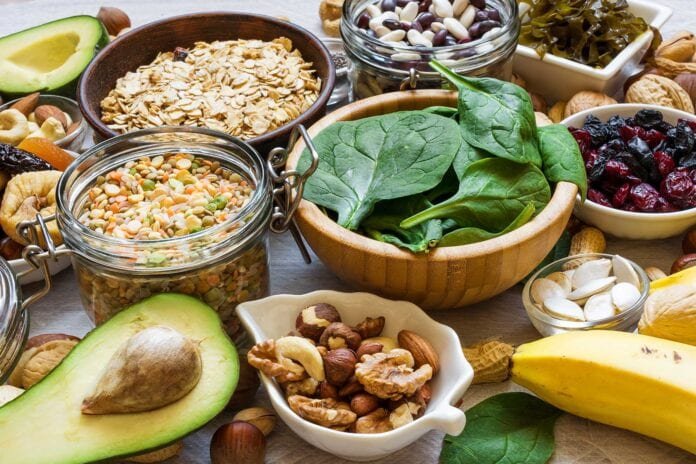Last Updated on February 13, 2025 by Bisma Sehar
Potassium chloride, KCl, is an ionic compound created by the electrostatic attraction force that binds the potassium cations together with the chlorine anions. Potassium, K , is contained in the Periodic Table of Group 1. Since it is a compound of a metal and a nonmetal element, it is an ionic compound. Potassium chloride is a fertiliser ingredient and is used to treat hypokalemia and as a food additive.
It is more costly to remove it from the earth than to extract sodium chloride, and potassium chloride is sometimes three to four times more expensive. It is a less durable substance and we see it solidify into a solid block in the tank of brine from time to time. What is Potassium? Potassium chloride chemical formula is KCl, which consists of one atom of potassium (K) and one atom of chlorine (Cl). In potassium chloride, potassium (K) is the metal element and chlorine (Cl) is the non-metal element, so we can assume that KCl is an ionic compound.
Potassium Chloride Uses
Potassium chloride is used to avoid or treat low potassium levels in the blood (hypokalemia). Potassium levels may be low as a result of illness or from taking such medications, or from diarrhoea or vomiting after a prolonged illness. It can help control levels of blood pressure, help with nerve transmission, affect cardiovascular health, strength of the bone and muscle, and much more.
Potassium does not cure heart failure or avoid it. But having enough of it will in many ways benefit your spirit. A diet rich in fruits, vegetables, and dairy foods that are fat-free or low-fat will help lower systolic blood pressure more than in people who have high blood pressure. Potassium naturally present in drinking-water is usually low and does not pose health problems, and the high solubility and use of potassium chloride in treatment devices such as water softeners can lead to significantly higher exposures.
Side Effects
It is a drug which is used in the body to avoid or treat low levels of potassium. For the proper functioning of the heart, muscles, kidneys, nerves, and digestive system, potassium is a mineral that your body requires. Potassium may be removed from the body by certain diseases, illnesses, and drugs.
Stomach pain, nausea, diarrhoea, vomiting, or intestinal gas may result from potassium. Too much potassium is harmful and may cause burning or tingling sensations, generalised fatigue, paralysis, mental confusion, low blood pressure, irregular rhythm of the heart, or death. Clinical and epidemiological findings show that potassium chloride consumption reduces blood pressure.
It is necessary to have a normal potassium level in the blood. Potassium helps function properly with your cells, kidneys, heart, muscles, and nerves. By eating a well-balanced diet, most people get enough potassium. High blood pressure, salt sensitivity, and the risk of stroke can be minimised by a high intake. In addition, it may protect against kidney stones and osteoporosis. Given its value, very few people get enough potassium around the world.
Read More: How Cardiac Surgeons Detect & Eliminate The Root-cause of Your Heart Condition?
Apart from that, if you are interested to know about 5 Crystal Clear Signs then visit our Health category.
















